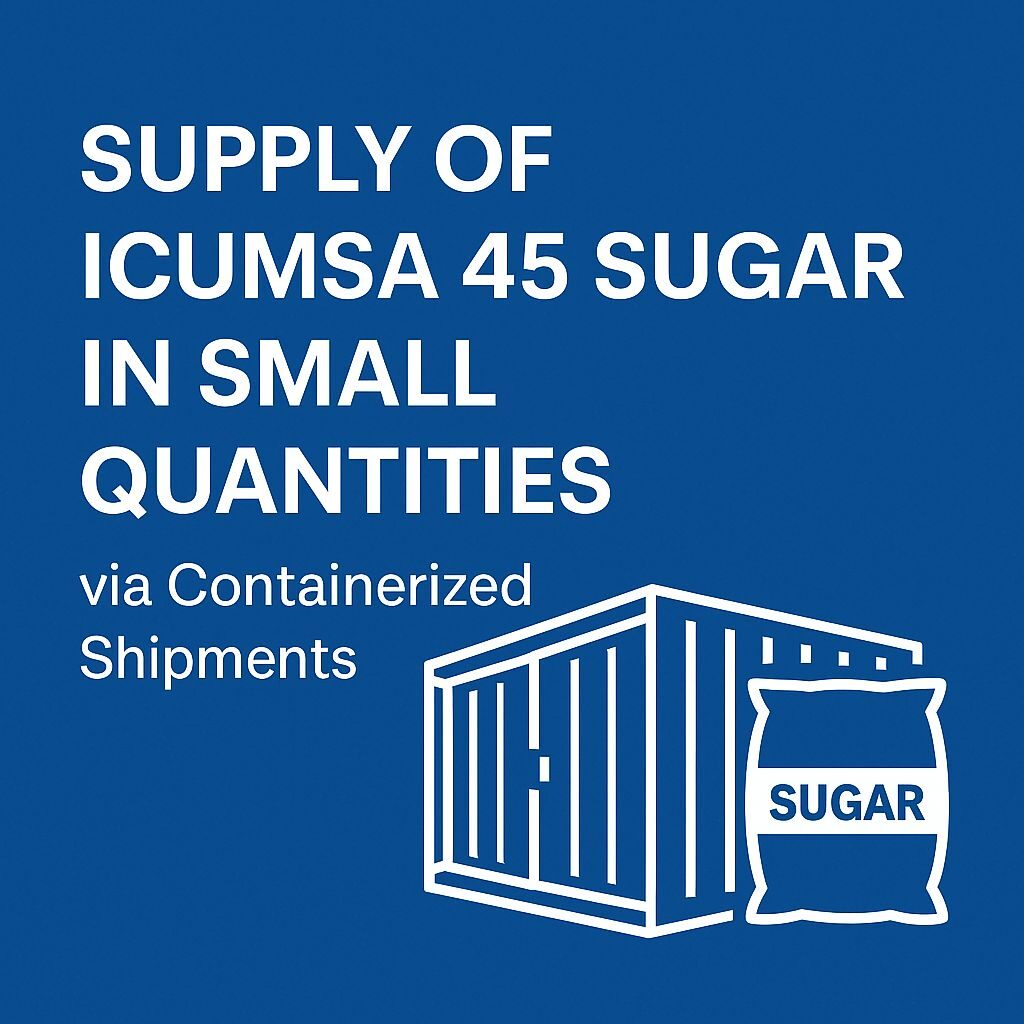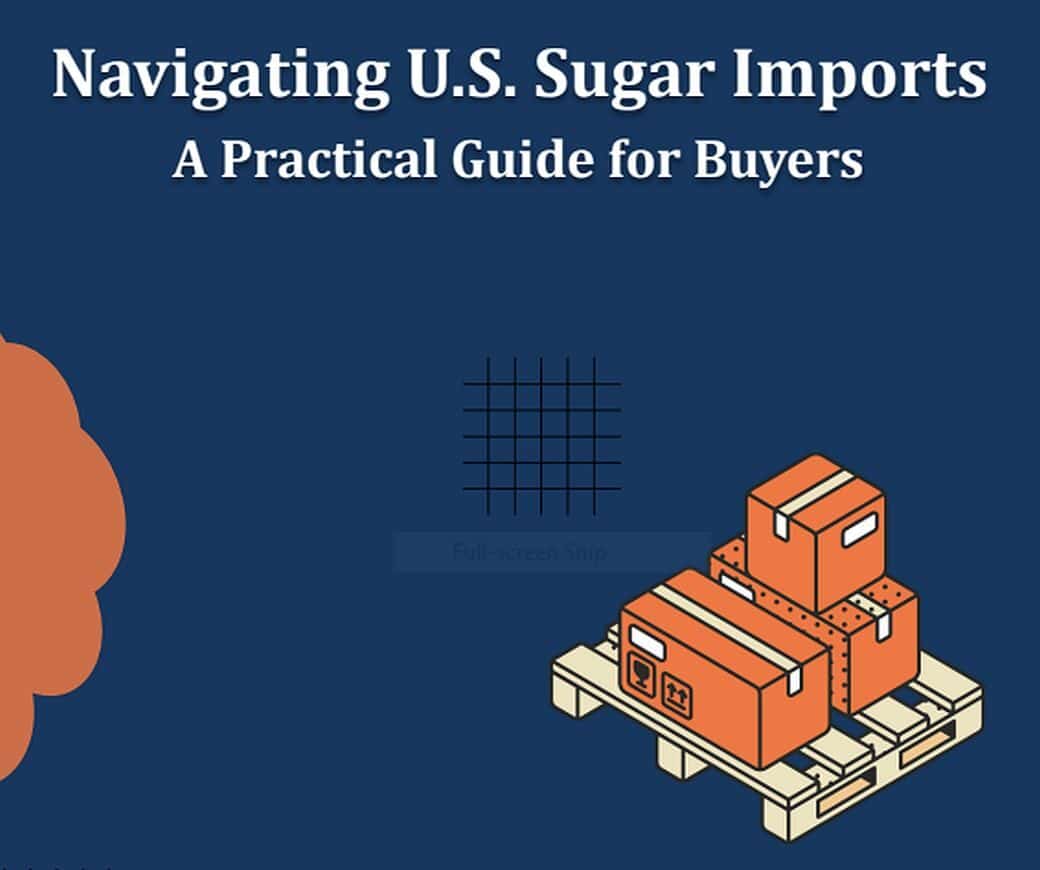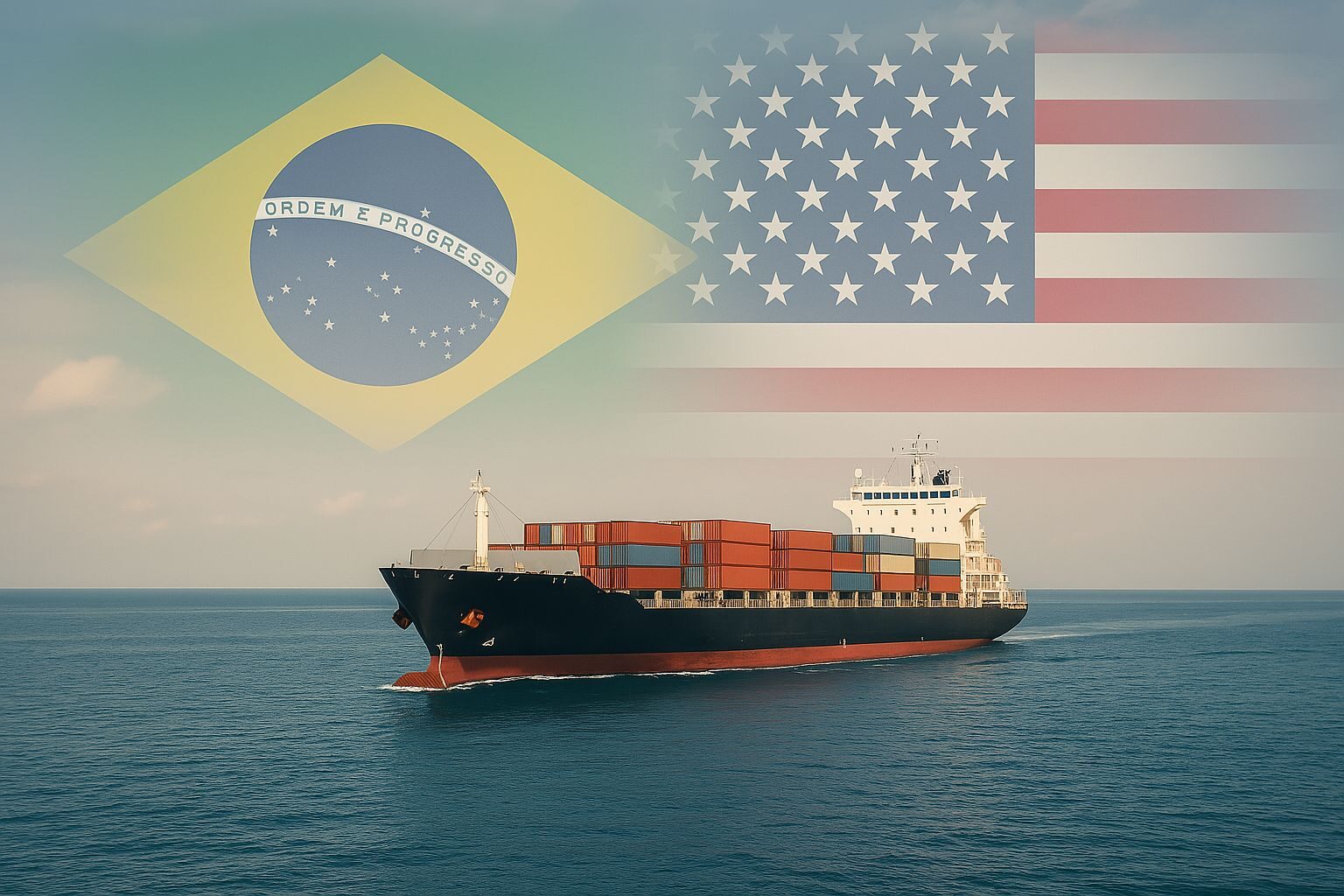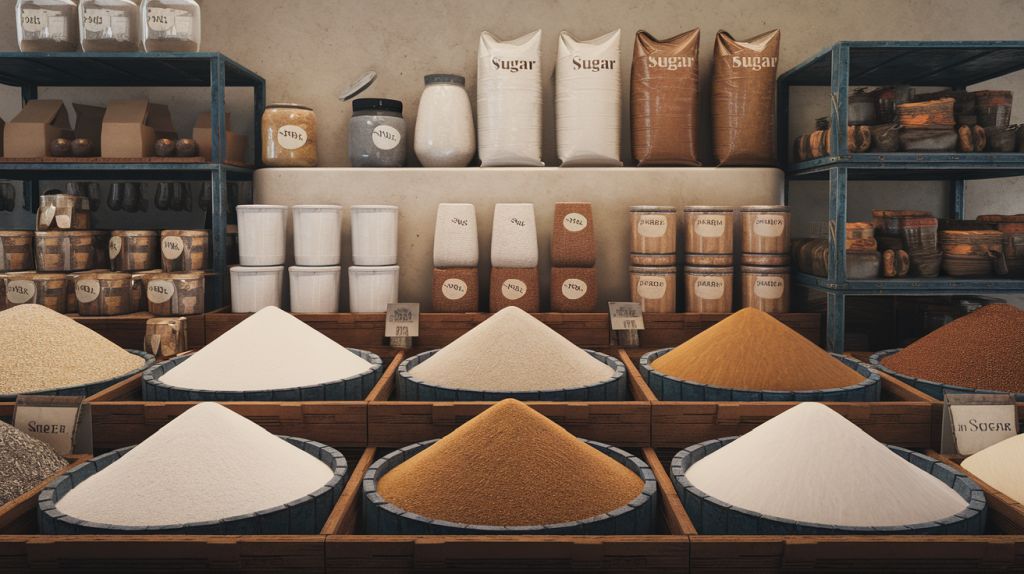Navigating the Realities of Global Sugar Trade
In the intricate world of international commodity trading, sugar stands out as a particularly alluring market for speculators and aspiring traders.
Often referred to as a “legal global drug,” the potential for substantial profits has created a whirlwind of activity in the sugar trade. However, the reality of this market is far more complex than many realize, leading to a merry-go-round of speculation that often ends in disappointment.
The Sobering Statistics
This year alone, our firm has received over 700 Letters of Intent (LOIs), ICPOs, and other inquiries from mandates claiming to represent “real buyers.”
The stark truth? Only five of these inquiries have progressed to any meaningful stage.
One deal in China and two in Africa remain uncertain. This dramatic disparity between initial interest and final transactions underscores the critical importance of understanding the sugar trade’s intricacies before attempting to enter the market.
The Speculator’s Delusion
Many enter the sugar market with visions of striking it rich quickly. They imagine finding a direct line to a refinery, securing unbeatable prices, and retiring on the profits. The reality, however, is far less glamorous and often disappointing.
Unable to access refineries directly, these hopeful traders turn to brokers who may be equally inexperienced but eager to earn commissions. This combination leads to a cycle of unrealistic expectations, fueled by online searches that yield artificially low prices and improbable quantities.
When confronted with genuine market prices and conditions from reputable suppliers, many of these speculators balk, convinced they can find better deals elsewhere.
Inevitably, they return weeks or months later, disillusioned by the realization that their “bargains” were mirages.
By this time, market conditions have often changed, and legitimate suppliers have moved on, uninterested in accommodating unrealistic buyer demands.
The Harsh Realities of the Sugar Market
1. No Magic Bargains: There are no secret warehouses filled with cheap sugar waiting to be discovered.
2. Price Volatility: Sugar prices fluctuate constantly due to global supply and demand, geopolitical factors, and climate conditions.
3. Commission Structures: Realistic commissions from sellers are typically capped at $5 per metric ton. Expectations beyond this are often unrealistic and not the seller’s responsibility to fulfill.
4. Legitimate Documentation: Serious sellers require, at minimum, a current LOI, completed KYC (Know Your Customer) documentation, and soft proof of funds.
5. Market Access: Direct access to refineries is rare, and most legitimate trade happens through established channels.
Guidance for Aspiring Sugar Traders
1. Product Knowledge: Understand the sugar production process, as it directly impacts trading procedures and explains the need for transferable financial instruments.
2. Global Awareness: Stay informed about geopolitical events and climate patterns that affect sugar production and prices worldwide.
3. Financial Preparedness: Ensure your banking relationships can support the necessary financial instruments, with transferable instruments often preferred for best pricing.
4. Realistic Expectations: Accept that there are no “too good to be true” deals in this market. Competitive pricing exists, but not at the levels many speculators initially hope for.
5. Commission Transparency: Be clear about commission structures from the outset, understanding that inflated expectations can derail potential deals.
6. Documentation Readiness: Always be prepared with current and complete documentation (LOI, KYC, proof of funds) to be taken seriously by legitimate sellers.
The sugar trade remains a potentially lucrative but highly complex market. Success requires a combination of education, realistic expectations, and professional preparation.
By understanding the true nature of the industry and approaching it with diligence and transparency, serious buyers and mandates can navigate the challenges and find genuine opportunities in the global sugar market.
For those willing to invest the time to learn and follow proper procedures, the sweet rewards of the sugar trade are attainable.
However, those seeking quick riches or unwilling to comply with industry standards are likely to find themselves stuck on the sugar speculation merry-go-round, chasing deals that will never materialize.
In an industry where time is money, it’s crucial to approach the sugar trade with professionalism and preparedness.
Only by doing so can one hope to break free from the endless cycle of speculation and move towards successful, legitimate transactions in this challenging but potentially rewarding market.







